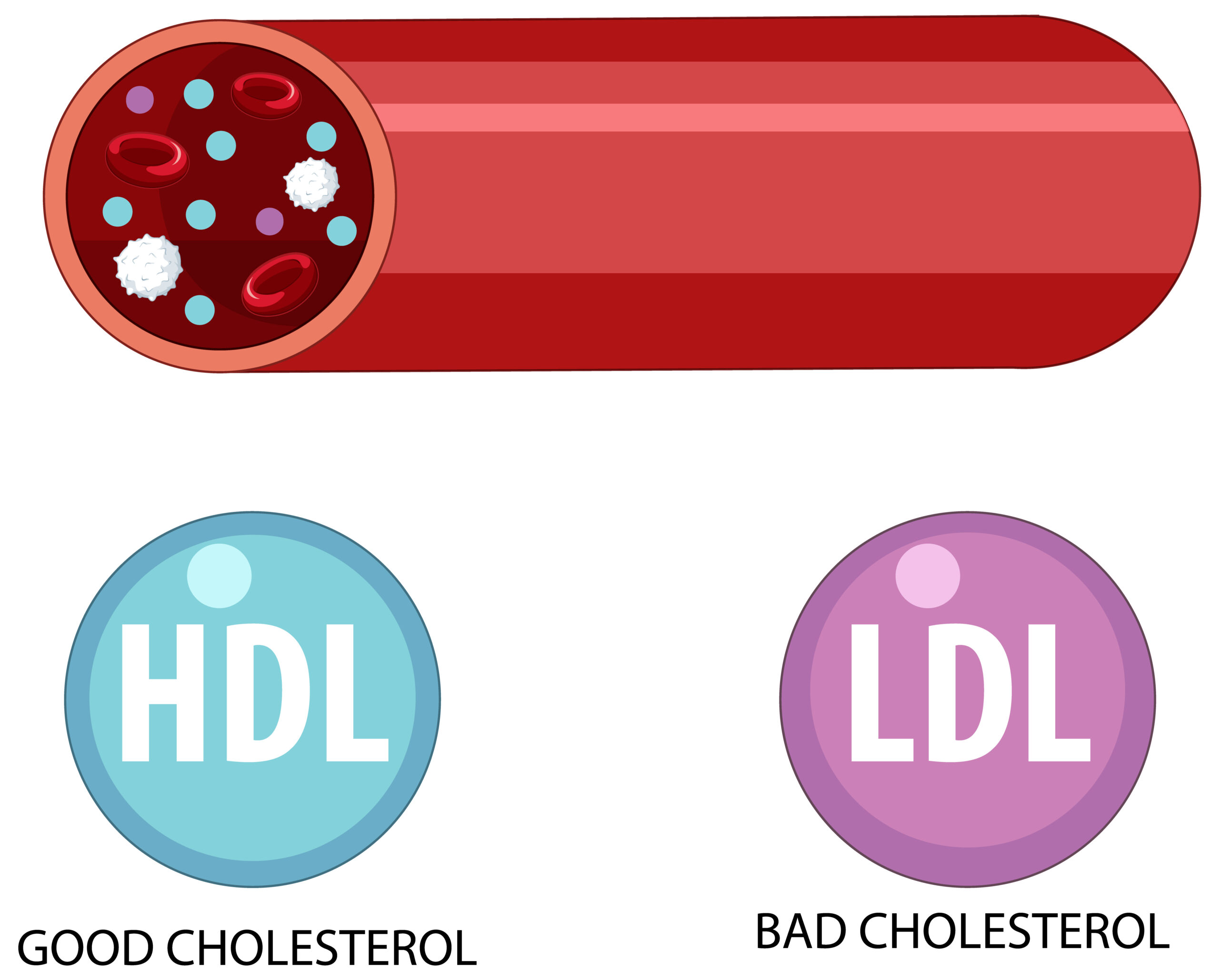Hepatitis A is a highly contagious liver infection caused by the hepatitis A virus (HAV). Unlike other types of hepatitis, it is typically short-term and does not lead to chronic liver disease. However, it can cause significant illness and discomfort. Understanding the causes, symptoms, prevention, and treatment of Hepatitis A is crucial for managing and mitigating its impact.
Causes and Transmission of Hepatitis A
Hepatitis A is primarily spread through the faecal-oral route, meaning it is transmitted when an uninfected person ingests food or water contaminated with the faeces of an infected person. Common scenarios for transmission include:
Contaminated Food and Water: Consumption of food and drinks prepared with contaminated water or handled by an infected person can lead to the spread of the virus. Raw or undercooked shellfish from contaminated waters is a common source.
Close Contact: Living with or having close personal contact with an infected person increases the risk of transmission. This includes sexual contact and caring for an infected individual.
Poor Sanitation: Areas with inadequate sanitation and hygiene practices are at higher risk for outbreaks of Hepatitis A.
Symptoms of Hepatitis A
The symptoms of Hepatitis A can range from mild to severe and usually appear within 2 to 6 weeks after exposure to the virus. Common symptoms include:
: A general feeling of tiredness and lack of energy is common in the early stages.
Nausea and Vomiting: Gastrointestinal symptoms, including nausea, vomiting, and abdominal pain, are frequent.
Fever: A low-grade fever often accompanies other symptoms.
Jaundice: Yellowing of the skin and eyes, known as jaundice, is a hallmark of liver-related illnesses and indicates liver involvement.
Dark Urine and Pale Stools: Changes in the colour of urine and stools can signal liver dysfunction.
Loss of Appetite: A decreased desire to eat is common, contributing to weight loss and weakness.
Diagnosis of Hepatitis A
Diagnosis of Hepatitis A involves a combination of medical history, physical examination, and laboratory tests. Blood tests can detect the presence of Hepatitis A antibodies, confirming an active or past infection. Early diagnosis is essential for managing symptoms and preventing the spread of the virus.
Prevention of Hepatitis A
Preventing Hepatitis A involves several strategies, particularly focusing on vaccination, hygiene, and sanitation practices.
Vaccination: The Hepatitis A vaccine is highly effective and recommended for children over the age of one, travellers to high-risk areas, and individuals with chronic liver disease. The vaccine provides long-lasting immunity and is the best protection against the virus.
Good Hygiene Practices: Regular handwashing with soap and water, especially after using the bathroom and before eating, is crucial in preventing the spread of Hepatitis A.
Safe Food and Water: Ensure that food is cooked thoroughly and that drinking water is from a safe source. Avoid raw or undercooked shellfish and foods prepared under questionable sanitary conditions.
Avoiding Close Contact: During an outbreak or if someone is known to be infected, avoiding close contact can reduce the risk of transmission.
Treatment of Hepatitis A
There is no specific antiviral treatment for Hepatitis A. Management focuses on supportive care to alleviate symptoms and ensure proper hydration and nutrition. Key aspects of treatment include:
Rest: Patients are advised to get plenty of rest to help the body fight off the infection.
Hydration: Maintaining adequate fluid intake is crucial, especially if there is vomiting or diarrhoea.
Diet: Eating small, light meals can help manage nausea and ensure sufficient nutrient intake.
Avoiding Alcohol and Certain Medications: Since the liver is affected, avoiding substances that can further stress the liver, like alcohol and certain medications, is important.
Conclusion
Hepatitis A, while generally self-limiting, can cause significant illness and discomfort. Understanding its transmission, symptoms, and preventive measures is essential for protecting public health. Vaccination remains the most effective tool in preventing Hepatitis A, complemented by good hygiene and safe food and water practices. If you suspect exposure to Hepatitis A, seeking medical advice promptly can help manage symptoms and prevent further spread of the virus.










